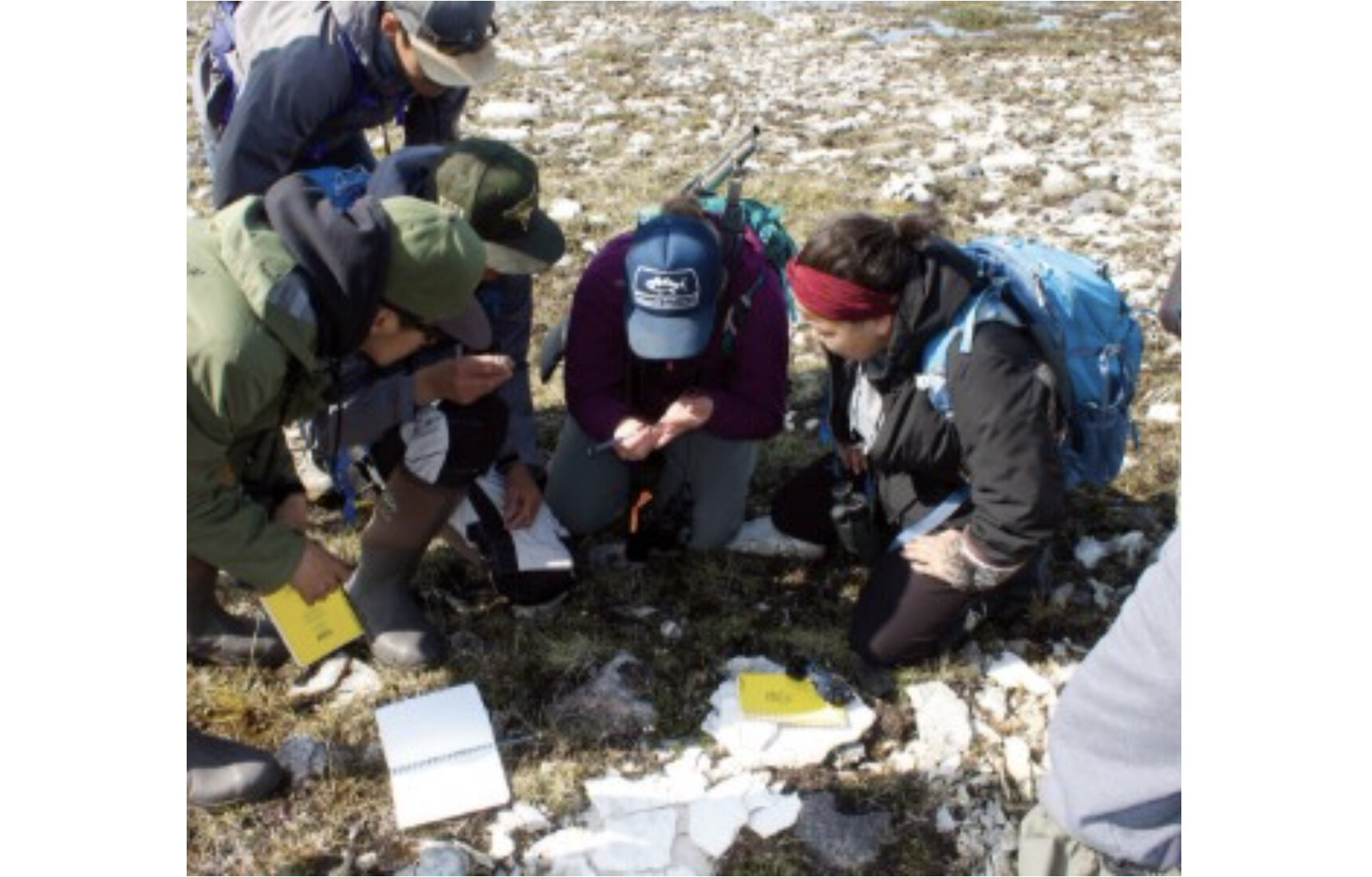Gatineau's role in Climate Science 2050 report
Tashi Farmilo
In a significant step toward addressing climate change, Environment and Climate Change Canada's report, "Climate Science 2050: Advancing Science and Knowledge on Climate Change," outlines key initiatives and research efforts that reflect Canada's commitment to reducing greenhouse gas emissions and adapting to climate impacts. The report serves as a comprehensive guide for future climate action and highlights the essential roles played by various regions, including Quebec.
The report underscores the importance of achieving net-zero emissions by 2050 and exceeding the 2030 greenhouse gas emissions reduction targets set under the Paris Agreement. This ambitious goal necessitates a transformative change in energy production and consumption, emphasising the need for substantial decarbonization across all sectors of the economy. The energy sector, responsible for a significant portion of emissions, is highlighted as a critical area for innovation and transformation.
In the realm of community resilience and health, the report discusses the need for place-based and intersectional understanding of vulnerability and resilience. This is particularly relevant for Quebec, where unique geographical and socio-economic conditions present specific challenges and opportunities. The report emphasises the importance of developing adaptive measures to protect public health and infrastructure from the adverse effects of climate change, including extreme weather events and flooding, which are pertinent issues for Gatineau situated along the Ottawa River.
Moreover, the report calls for enhanced collaboration between Indigenous communities and scientific institutions. Quebec's Indigenous communities are increasingly involved in climate change research and decision-making processes, ensuring that traditional ecological knowledge is integrated with scientific approaches. This collaboration is vital for developing comprehensive climate strategies that respect Indigenous rights and knowledge systems.
The report also highlights the role of innovative technologies and practices in achieving climate goals. For example, the development and deployment of small modular reactors and other non-emitting technologies are seen as pivotal in reducing the carbon footprint of energy production. Additionally, the promotion of sustainable practices in agriculture and natural resource management is crucial for maintaining ecosystem resilience and supporting local economies.
Gatineau, as part of the National Capital Region, is a focal point for several climate initiatives due to its strategic location and resources. The city's efforts in climate monitoring, infrastructure resilience, and public engagement are critical components of Canada's broader climate strategy. The report underscores the necessity of local and regional actions to complement national policies, ensuring that climate resilience is built from the ground up.
The "Climate Science 2050" report provides a detailed roadmap for Canada’s climate future, with significant contributions from Quebec. This region exemplifies the collaborative spirit and innovative approaches required to address the multifaceted challenges of climate change. Through ongoing research, community engagement, and the integration of traditional and scientific knowledge, Quebec is not only contributing to national climate goals but also setting a precedent for sustainable development and resilience.
Photo caption: The "Climate Science 2050" report highlights Gatineau's significant role in advancing Canada's climate goals, emphasising local initiatives, technological innovations, and the integration of Indigenous knowledge to enhance resilience and sustainability.
Photo credit: Courtesy of Environment and Climate Change Canada

